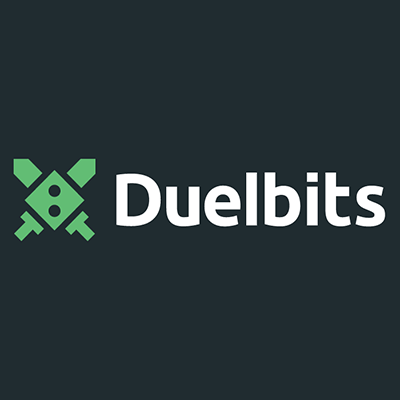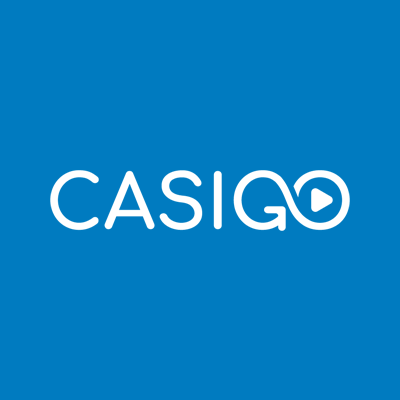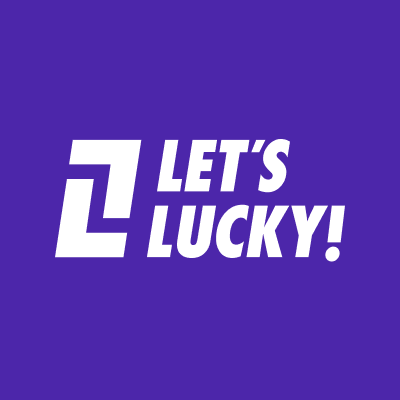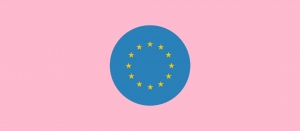The ECA, EL and WoTA have formed an alliance becoming a power trio in the battle against illegal gambling.
The online casino industry is growing from strength to strength with an increase in players and regulations.
While the regulated industry is growing by the day there has been a lot of growth seen in illegal online gambling at the same time.
Recently the European Lotteries (EL), the European Casino Association (ECA) and the World Tote Association (WoTA) have formed a unity to combat illegal online gambling and support the Digital Services Act package.
The Alliance and how it affects the public
Illegal gambling is not a new threat, but it continues to be an issue and problem that needs to be addressed especially with the new priority focus on player safety.
The trio welcomes the European Commission’s plan to modernise the rules and regulations making them more suitable to the online environment.
In an open letter from the recently formed alliance, it stated that as representatives of the license and regulated gambling industry within Europe they share the same values. Not only do they want to promote values of trust, reliability, and integrity, they also want to support and promote the right of every player to enjoy their favourite online games in a licensed and secure gambling environment.
The alliance is representative of over 150 operators within the gambling and lottery sector in Europe. Combined they bring in over 35 billion euros yearly for state budgets and several good causes. At the current time, there are over 1 million people employed by members of the Alliance whether it is directly or indirectly.
There are over 350,000 independent points of sale for lotteries plus about 900 casinos across Europe. These operators work hard to offer players a wide range of regulated, safe, and controlled games and have dedicated their efforts to moving attention to licensed games .
The Digital Services Act
With the Digital Services Act package, there is now an attempt to implement a notice-and-action mechanism. This nifty mechanic will allow all users to notify the online intermediaries about possible illegal online content or activities. On receipt of such a notification, the intermediaries will react accordingly and take transparent action.
According to the open letter from the alliance, this is an important improvement necessary in the fight against illegal online gambling offerings. There is growing excitement around enforcing and implementing these measures as it is believed to increase the protection of all EU citizens.
It is no secret that the illegal gambling market has grown with the operators offering their services to players in a range of EU Member States. They do this without having the necessary licensing in place to operate within these markets.
It is important to note that when regulated markets are present, any operator offering services without having the necessary licensing in place or following the correct procedures is considered a threat and an illegal operator. To offer services within the national markets, operators must have the proper national license obtained from the EU market which they wish to enter before offering their services.
Concerns surrounding illegal gambling operators
Apart from these operators providing services in regulated markets without the necessary licensing in place, there are various other concerns to take into consideration.
The primary being that there is a lack of respect for the laws and regulations put in place by the national regulators of these EU Member States.
On top of that, they make it even more difficult to protect players, especially in the more vulnerable regions where problem gambling is a concern.
Another big risk factor linked to illegal operators is the growing number of social problems and crime. One of the biggest fights currently is for responsible gambling , and against fraud, and money laundering.
As illegal entities these operators also do not pay any taxes within the national markets, are unfair competition for the licensed and regulated operators and threaten the legal business models and sustainability of economic and social contributions provided to EU member states.






























.svg)
.svg)
.svg)